 The eighth annual Millbrook Literary Festival in Millbrook, NY is being planned for Saturday, May 21, 2016, from 10:00 AM – 5:00 PM
The eighth annual Millbrook Literary Festival in Millbrook, NY is being planned for Saturday, May 21, 2016, from 10:00 AM – 5:00 PM
Why do we need literary festivals? Whether we prefer printed books, ebooks, or audiobooks, reading is not something we do strictly in isolation. The Millbrook Literary Festival, in beautiful Dutchess County New York, brings together a vibrant community of readers and writers to discuss how what we read — in history, culture, science, politics, and etc — relates to our everyday lives. Unlike any other media, books really immerse us in different perspectives, giving us the opportunity to better understand a new idea before accepting, rejecting, or adapting to it. And this helps us develop empathy as a society. Every year, the Festival brings nationally recognized authors and promotes our talented local and regional writers, with panels that are accessible and interesting to all ages. The Festival programs are designed to keep interest in literature alive all year long.
The Millbrook Literary Festival, begun in 2008, was inspired by Merritt Bookstore founder Scott Meyer. Always with a vision to engage the local community, share his love of books and encourage writers, Scott drew on a committee of authors, editors, teachers, scientists, retirees and students to launch the first festival. Now hundreds of people attend the Festival every year, filling the restaurants and local businesses with visitors from neighboring towns, New York City and from all over New England and upstate New York. Together we celebrate the good and the joy of reading and attract new people to the wonderful world of the written word.
Support for past Festivals have been provided by Millbrook Library, Merritt Bookstore, Bank of Millbrook, Fountain Press, Millbrook Rotary, Millbrook Business Association, Hudson Valley Parent and Millbrook Tribute Garden. This year the Dactyl Foundation will be helping raise money for programming and outreach by accepting your tax-deductible donations, 100% of which will go directly to pay for Festival expenses.
Like the Festival Facebook page to keep up with announcements: https://www.facebook.com/MillbrookLitFest
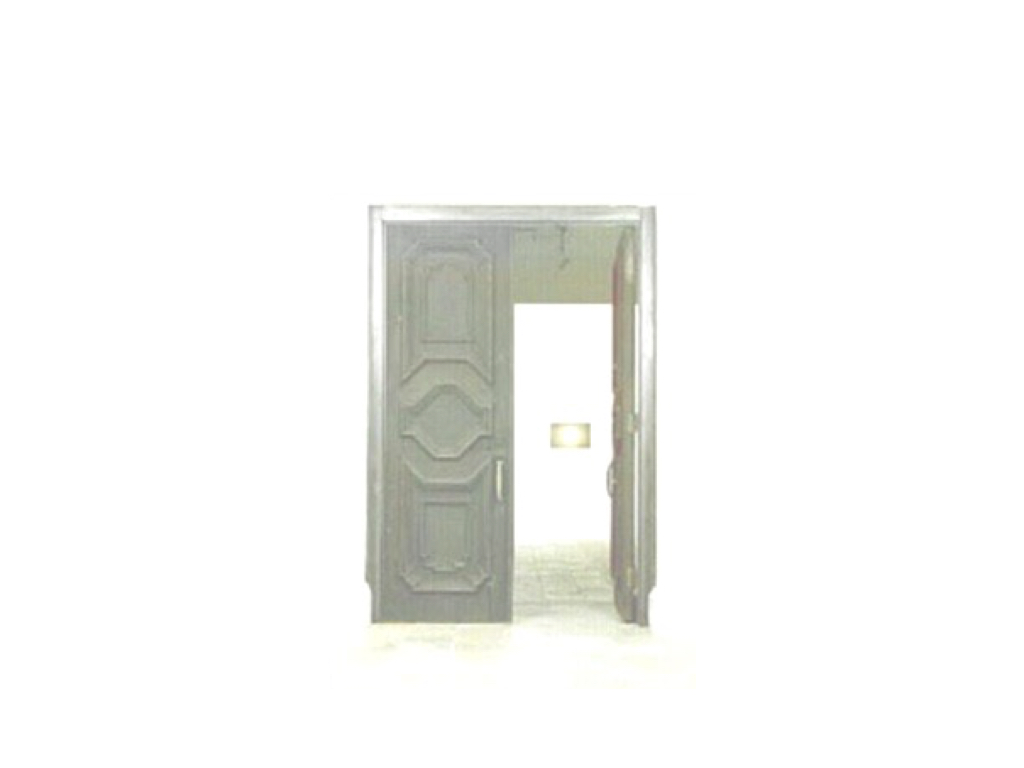
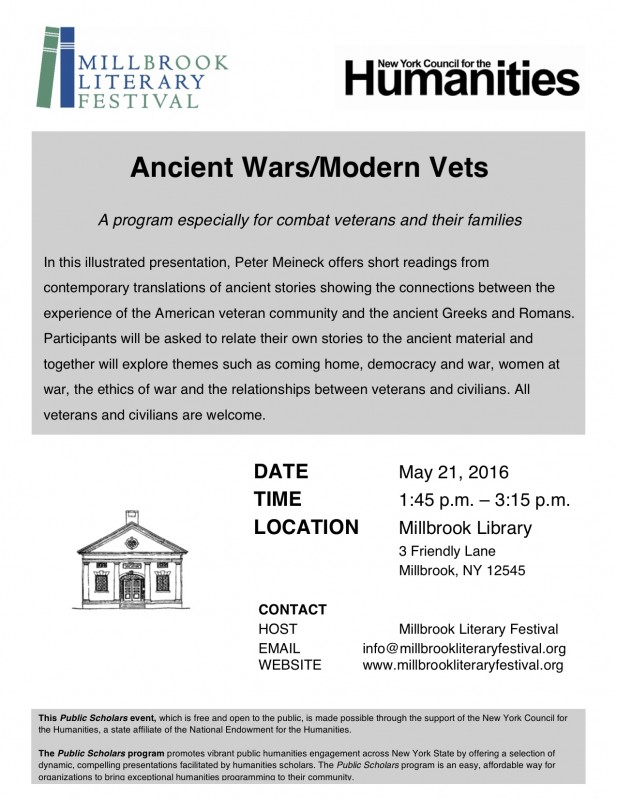

 Sea of Hooks (McPherson & Co) was nominated by Barbara Roether, author of This Earth You’ll Come Back To. In her
Sea of Hooks (McPherson & Co) was nominated by Barbara Roether, author of This Earth You’ll Come Back To. In her 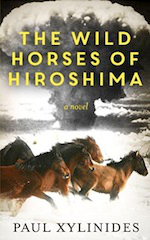

 The abecedarium has a long literary history, and some of its best-known examples, such as Ambrose Bierce’s Devil’s Dictionary or Gustave Flaubert’s Le Dictionnaire des idées reçues, play with the form’s implied authority for purposes of satire. Recently Matt Bell’s Cataclysm Baby used the template to convey hellish fragments of an environmental dystopia. Suzanne Scanlon, author of Promising Young Women (2012), turns to a woman’s experience in contemporary America and offers a probing and artful inventory in Her 37th Year, An Index (Noemi Press, 161 pages).
The abecedarium has a long literary history, and some of its best-known examples, such as Ambrose Bierce’s Devil’s Dictionary or Gustave Flaubert’s Le Dictionnaire des idées reçues, play with the form’s implied authority for purposes of satire. Recently Matt Bell’s Cataclysm Baby used the template to convey hellish fragments of an environmental dystopia. Suzanne Scanlon, author of Promising Young Women (2012), turns to a woman’s experience in contemporary America and offers a probing and artful inventory in Her 37th Year, An Index (Noemi Press, 161 pages). 
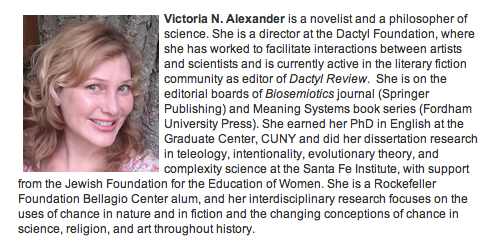



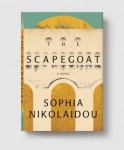 As I begin to write this on January 20, 2015, the news from Buenos Aires isn’t good. Albert Nisman, the federal prosecutor assigned to finally uncover the truth about the 1994 bombing of the Argentina Israelite Mutual Association, a Jewish community center, was found dead in his apartment. Nisman was about to reveal a high-level government conspiracy to cover up Iran’s role in the bombing, which killed 85 people. Argentina has long struggled with corruption and politicization of its government institutions, making it almost impossible for the nation to confront its demons—from sheltering Nazis to the 1970s/1980s rounding up and killing of leftists, communists, intellectuals, and Jews who became known as the desaparecidos opposed to the ruling right-wing Junto. The powerful are usually protected.
As I begin to write this on January 20, 2015, the news from Buenos Aires isn’t good. Albert Nisman, the federal prosecutor assigned to finally uncover the truth about the 1994 bombing of the Argentina Israelite Mutual Association, a Jewish community center, was found dead in his apartment. Nisman was about to reveal a high-level government conspiracy to cover up Iran’s role in the bombing, which killed 85 people. Argentina has long struggled with corruption and politicization of its government institutions, making it almost impossible for the nation to confront its demons—from sheltering Nazis to the 1970s/1980s rounding up and killing of leftists, communists, intellectuals, and Jews who became known as the desaparecidos opposed to the ruling right-wing Junto. The powerful are usually protected.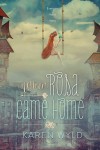 One after one, exotic characters, each with a miraculous tale to tell, come to visit comatose Rosa and her troubled family in Karen Wyld’s
One after one, exotic characters, each with a miraculous tale to tell, come to visit comatose Rosa and her troubled family in Karen Wyld’s  In
In  Flight (223 pages, Tramp Press) by Oona Frawley, is a novel set in Ireland, the United States, Vietnam, and Zimbabwe that explores how its characters have been affected by both old-style colonialism and the new colonialism–corporate globalism that began to rise in the 1990s. Themes center on migration and immigration, on feeling homesick and rootless at the same time. It’s about writing letters home, some of which are sent, some of which are kept.
Flight (223 pages, Tramp Press) by Oona Frawley, is a novel set in Ireland, the United States, Vietnam, and Zimbabwe that explores how its characters have been affected by both old-style colonialism and the new colonialism–corporate globalism that began to rise in the 1990s. Themes center on migration and immigration, on feeling homesick and rootless at the same time. It’s about writing letters home, some of which are sent, some of which are kept.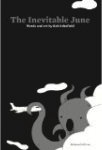 “This morning I crossed a river on a horse made of lightbulbs.”
“This morning I crossed a river on a horse made of lightbulbs.”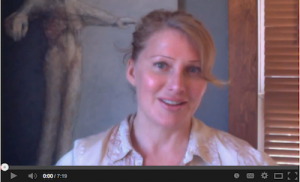




 This is a unique American novel, written in the language of the heartland before Jesus became a pawn in the political battle for the American soul. It is written in a subdued, subtle, understated lyrical style. It is as rich and diverse as America herself. It is at once a romance complete with trains, whorehouses, steel mills, and the death of the drive-in-movie theater and a coming of age novel in which the protagonist emerges from the chrysalis to transform into a singing butterfly.
This is a unique American novel, written in the language of the heartland before Jesus became a pawn in the political battle for the American soul. It is written in a subdued, subtle, understated lyrical style. It is as rich and diverse as America herself. It is at once a romance complete with trains, whorehouses, steel mills, and the death of the drive-in-movie theater and a coming of age novel in which the protagonist emerges from the chrysalis to transform into a singing butterfly.
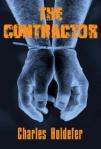
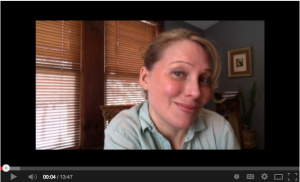
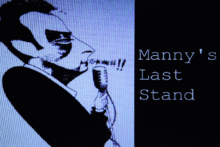 Coming in March
Coming in March